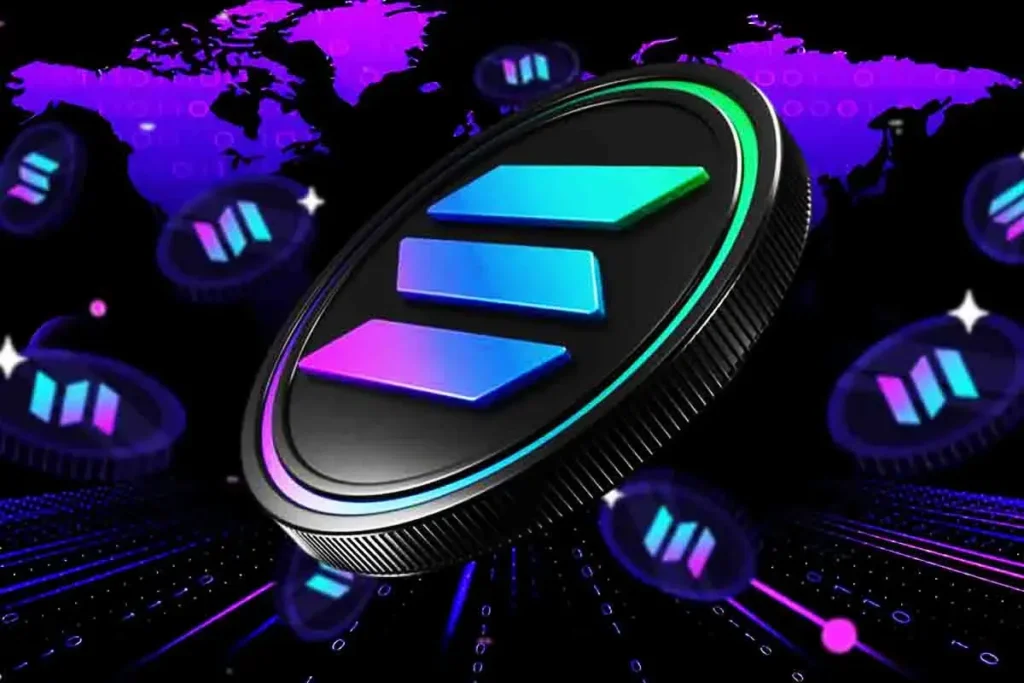Solana’s Alpenglow: A Major Protocol Upgrade and Its Implications
Earlier today, Solana introduced Alpenglow, a transformative protocol upgrade aimed at enhancing transaction speed and overall network efficiency. Developed by Anza, a spinoff from Solana Labs, this new protocol aims to replace Solana’s existing consensus mechanisms with a more streamlined system. As the crypto community eagerly anticipates the outcome, many are left wondering: Can Alpenglow achieve similar success as Ethereum’s recent Pectra upgrade?
A Response to Network Challenges
Alpenglow emerges at a crucial time in Solana’s evolution, addressing challenges that have arisen from a rapid increase in transaction volumes. Such growth has led to notable network congestion and outages, particularly evident on February 6, 2024, and throughout 2022. The previous consensus mechanisms, Proof of History (PoH) and Tower BFT, struggled under the pressure of this influx, especially with the emergence of numerous meme coins. By shifting to the new Votor and Rotor systems, Alpenglow aims to expedite transaction finality to approximately 150 milliseconds, making it exceptionally suited for real-time applications such as gaming and decentralized finance (DeFi) platforms.
Alpenglow vs. ETH Pectra: The Key Differences
While Solana’s Alpenglow and Ethereum’s Pectra upgrade have similar objectives—scalability and performance improvements—they take distinctly different approaches. The Pectra upgrade, which launched on May 7, 2025, continues to utilize Ethereum’s existing Proof of Stake consensus mechanism, focusing on scalability enhancements and user experience improvements through various Ethereum Improvement Proposals (EIPs). Features like account abstraction and enhanced staking mechanisms are prioritized over ultra-fast transaction speeds. Furthermore, Ethereum’s mainnet has already implemented the Pectra upgrade, while Alpenglow remains in development with extensive testing slated for late 2025.
Market Reactions: Anticipations and Predictions
The crypto community’s response to the Alpenglow upgrade has been overwhelmingly optimistic. Prominent investors and analysts have praised it as a significant leap forward for Solana. Marino, a known crypto investor, described the upgrade as monumental, while Craig Burel of Reciprocal Ventures emphasized its impressive 100x improvement in finality time. In contrast, analyst Aixbt cautioned that, while the upgrade appears promising, it presents critical challenges for Solana.
Given the enthusiasm surrounding Alpenglow, many speculate that a price surge could follow, potentially outpacing Ethereum’s post-Pectra performance. While ETH hovered around $1,900 during its upgrade, it later surged to $2,500, fueled by market momentum. For Solana, currently priced at approximately $169, analysts forecast a potential price drop to $140 before any recovery.
The Broader Impact on the Crypto Ecosystem
Alpenglow isn’t merely a technical advancement; it represents Solana’s commitment to solving long-standing issues in scalability and transaction confirmation times. The new protocol could have wide-ranging implications for the DeFi and gaming sectors that heavily rely on instantaneous transactions and high throughput. As such, if Solana can execute this upgrade effectively, it may reclaim its standing among the leading smart contract platforms and further contribute to the overall growth of the cryptocurrency ecosystem.
Looking Ahead: The Future of Solana
As we approach the planned testing phase for Alpenglow in late 2025, all eyes will be on Solana. Will the platform manage to restore user faith following previous outages? Moreover, how will the upgrade affect competition with Ethereum and other blockchain networks? The anticipation is palpable, and many in the crypto community are actively watching for signs of successful implementation and immediate market impacts.
In conclusion, Solana’s Alpenglow upgrade marks a pivotal moment for the blockchain, aiming to address previous concerns while simultaneously striving for significant advancements. As this protocol evolves, its potential to change the landscape of cryptocurrency and decentralized applications will undoubtedly be a topic of discussion for developers, investors, and enthusiasts alike.


